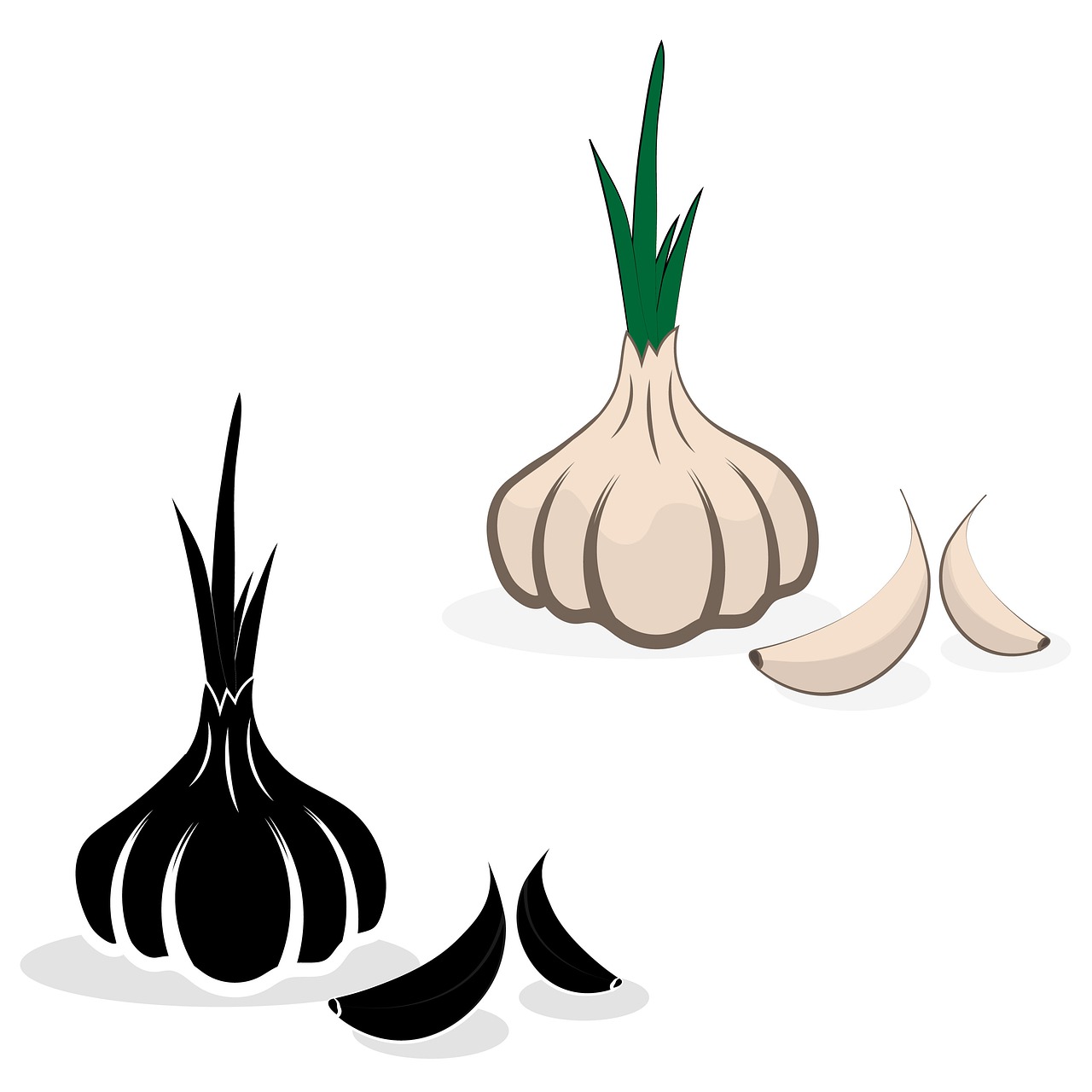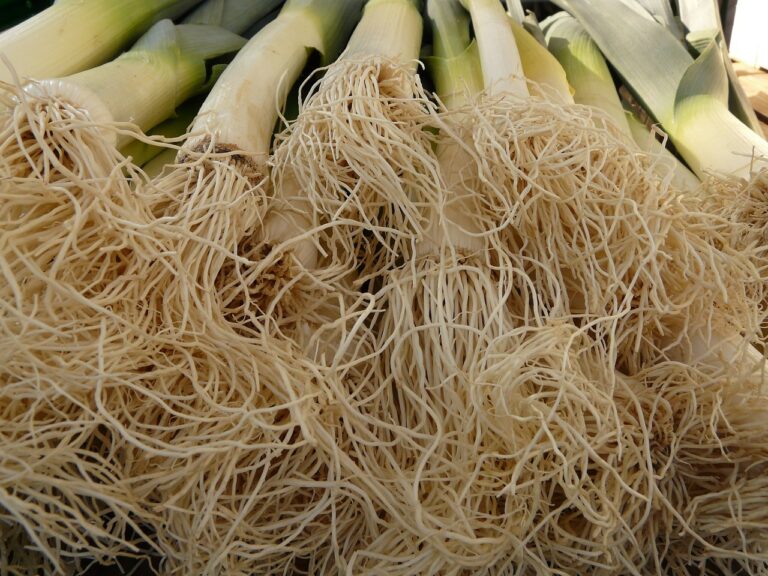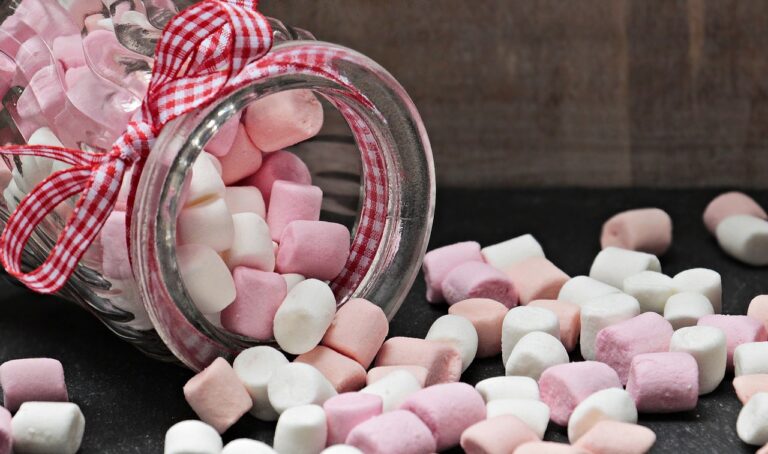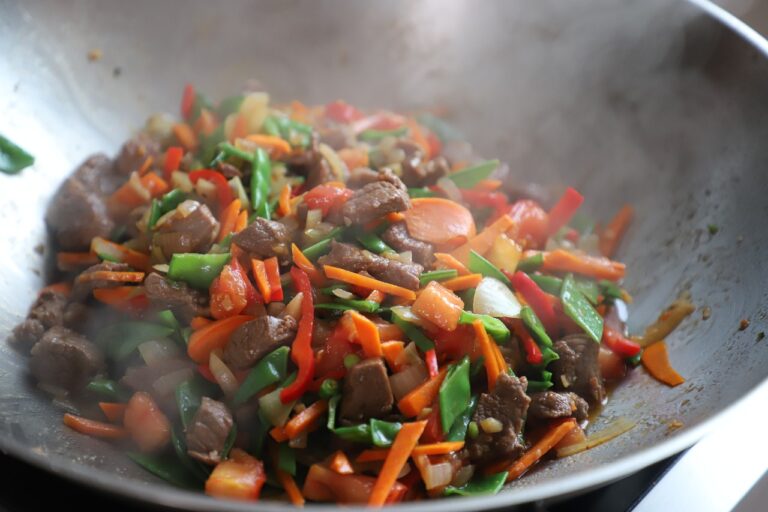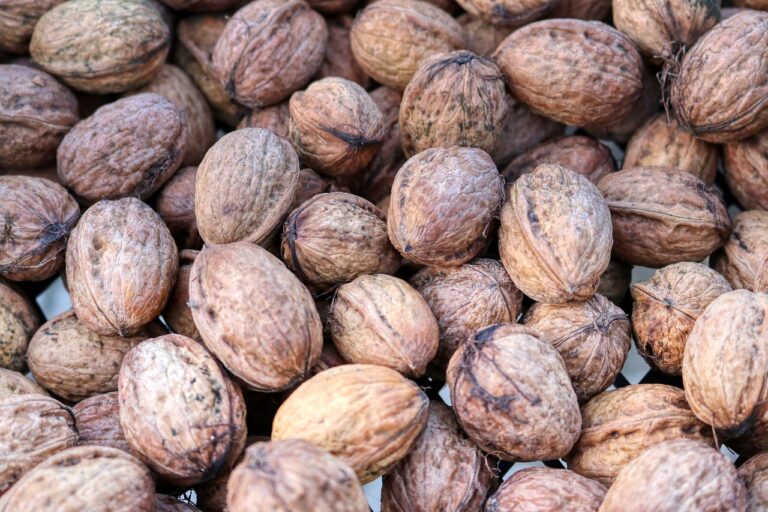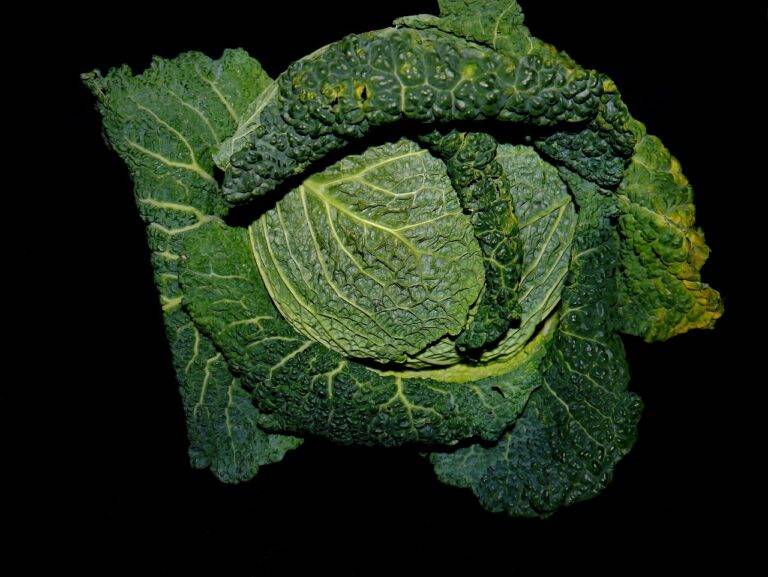Investigating the Impact of High-Pressure Processing on Juice Quality: 11xplay reddy login password, King 567, Skyinplay live login
11xplay reddy login password, king 567, skyinplay live login: Investigating the Impact of High-Pressure Processing on Juice Quality
Have you ever wondered how the juice you drink gets its fresh taste and nutrients? Many juice manufacturers use a process called high-pressure processing (HPP) to extend the shelf life of their products while maintaining the quality of the juice. But what exactly is HPP, and how does it affect the quality of the juice you consume?
In this article, we will delve into the world of high-pressure processing and investigate its impact on juice quality. From understanding the science behind HPP to exploring its benefits and drawbacks, we will provide you with a comprehensive overview of this innovative technology.
The Science Behind High-Pressure Processing
High-pressure processing, also known as cold pasteurization, is a non-thermal food processing technique that uses high pressure to inactivate harmful microorganisms and enzymes in food products. In the case of juice, HPP involves subjecting the liquid to pressures of up to 600 MPa (megapascals) for a few minutes, effectively extending the shelf life of the juice while preserving its nutritional value and fresh taste.
Unlike traditional heat pasteurization methods, which can degrade the quality of juice by altering its color, flavor, and nutrient content, HPP allows manufacturers to produce a higher quality product that closely resembles freshly squeezed juice. By using pressure instead of heat to kill bacteria and other pathogens, HPP helps retain the key vitamins, minerals, and antioxidants found in fruits and vegetables, making the juice a healthier and more nutritious choice for consumers.
Benefits of High-Pressure Processing
One of the primary benefits of high-pressure processing is its ability to maintain the sensory and nutritional properties of juice without the need for added preservatives or heat. Because HPP does not expose the juice to high temperatures, it preserves the natural flavor and color of the fruits and vegetables used to make the juice, giving consumers a more authentic and enjoyable drinking experience.
Furthermore, HPP helps extend the shelf life of juice by reducing the microbial load present in the liquid. By inactivating pathogenic bacteria and enzymes that can cause spoilage, HPP helps juice manufacturers deliver a safer product to consumers that can be stored for longer periods without compromising its quality.
Drawbacks of High-Pressure Processing
While high-pressure processing offers numerous advantages for juice manufacturers, it is not without its drawbacks. One of the main concerns surrounding HPP is its impact on the texture of the juice. Some studies have suggested that HPP can alter the mouthfeel of juice, making it slightly thicker or pulpy compared to untreated juice.
Additionally, the high cost of HPP equipment and processing can be a barrier for small-scale juice producers looking to implement this technology. The initial investment required to purchase and maintain HPP machinery can be substantial, making it a less viable option for companies with limited financial resources.
FAQs
Q: Does high-pressure processing affect the taste of juice?
A: High-pressure processing helps preserve the natural flavor of juice by maintaining the integrity of the fruits and vegetables used to make the juice. The result is a fresher and more authentic taste that closely resembles freshly squeezed juice.
Q: Is high-pressure processing safe for consumers?
A: Yes, high-pressure processing is considered a safe food processing technique that has been approved by regulatory bodies such as the U.S. Food and Drug Administration (FDA). HPP effectively inactivates harmful bacteria and enzymes in juice without compromising its nutritional value.
Q: How long does high-pressure processed juice last?
A: High-pressure processed juice typically has a longer shelf life compared to untreated juice. Depending on the specific product and storage conditions, high-pressure processed juice can last anywhere from a few weeks to several months.
In conclusion, high-pressure processing is a valuable technology that has revolutionized the way juice is produced and consumed. By preserving the sensory and nutritional properties of juice without the need for added preservatives or heat, HPP offers a healthier and more convenient option for consumers seeking a fresh and flavorful beverage. While there are some drawbacks to consider, the benefits of high-pressure processing make it a worthwhile investment for juice manufacturers looking to deliver high-quality products to their customers.

